Faculty Spotlight: Dr. Martin Schwacha, A Musician and a Scientist
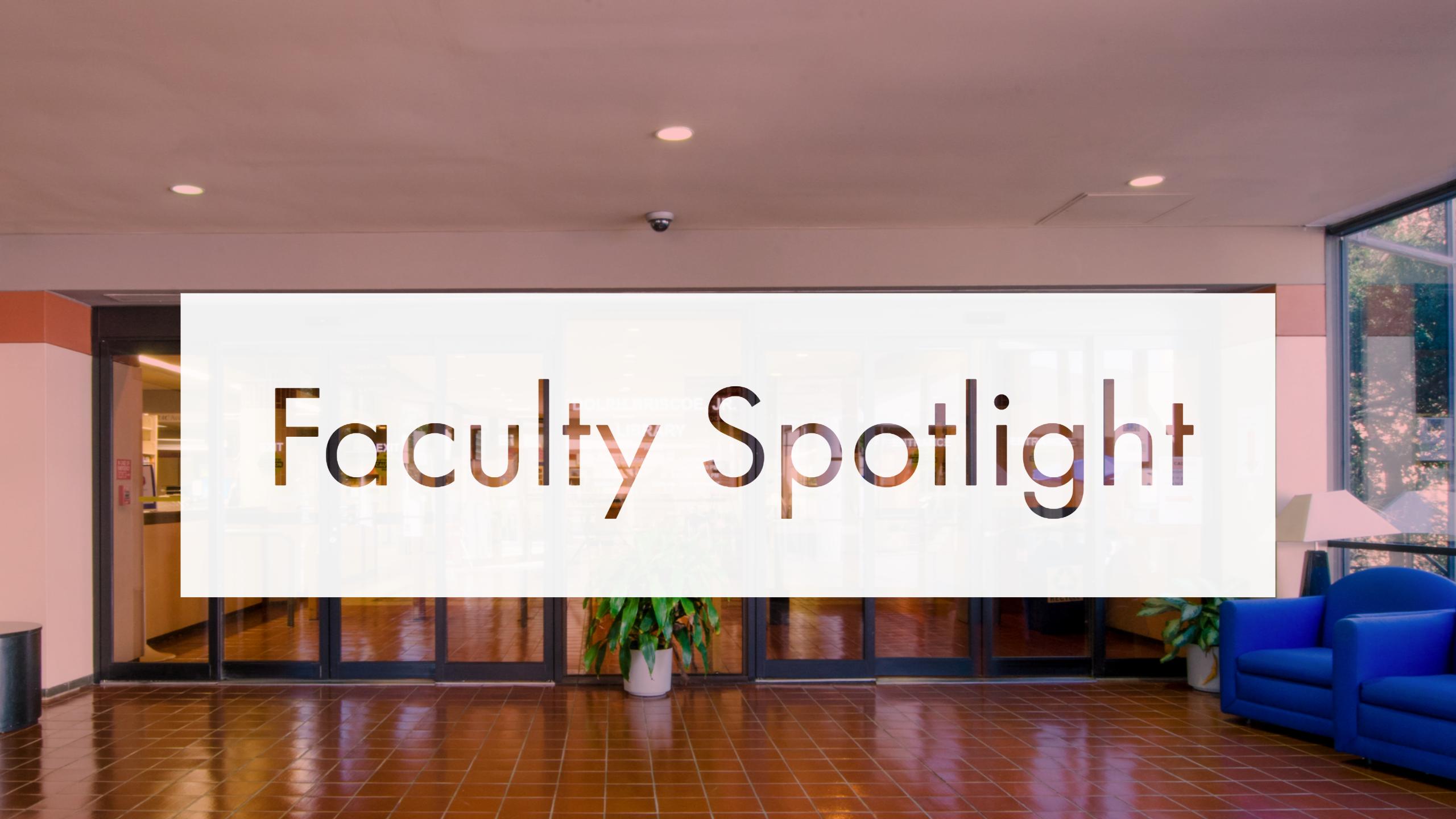
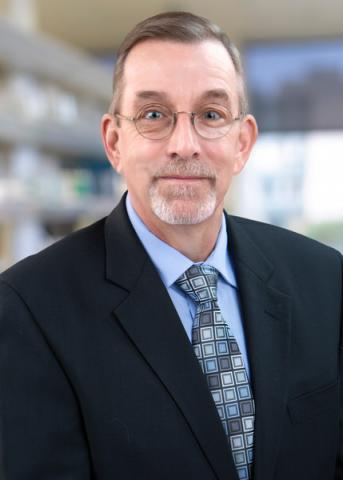 Classical music on the radio. The smell of turpentine and cigar smoke. These were some of Dr. Martin Schwacha’s memories of childhood. Dr. Schwacha grew up in a family that had a fondness for the arts. His father played the violin and was an accomplished artist who painted large oil paintings including the one that sits in Dr. Schwacha’s office today. His mother played the piano and his brother played the tuba so it wasn’t surprising to him that he was also attracted to music.
Classical music on the radio. The smell of turpentine and cigar smoke. These were some of Dr. Martin Schwacha’s memories of childhood. Dr. Schwacha grew up in a family that had a fondness for the arts. His father played the violin and was an accomplished artist who painted large oil paintings including the one that sits in Dr. Schwacha’s office today. His mother played the piano and his brother played the tuba so it wasn’t surprising to him that he was also attracted to music.
“Music was always in the household, it was expected that we would play an instrument, but not demanded of us,” he said.
When he was 10 years old, his band teacher asked him to play the bassoon, which turned out to be too big for his small fingers. He then switched to the saxophone, the musical instrument that he still plays today.
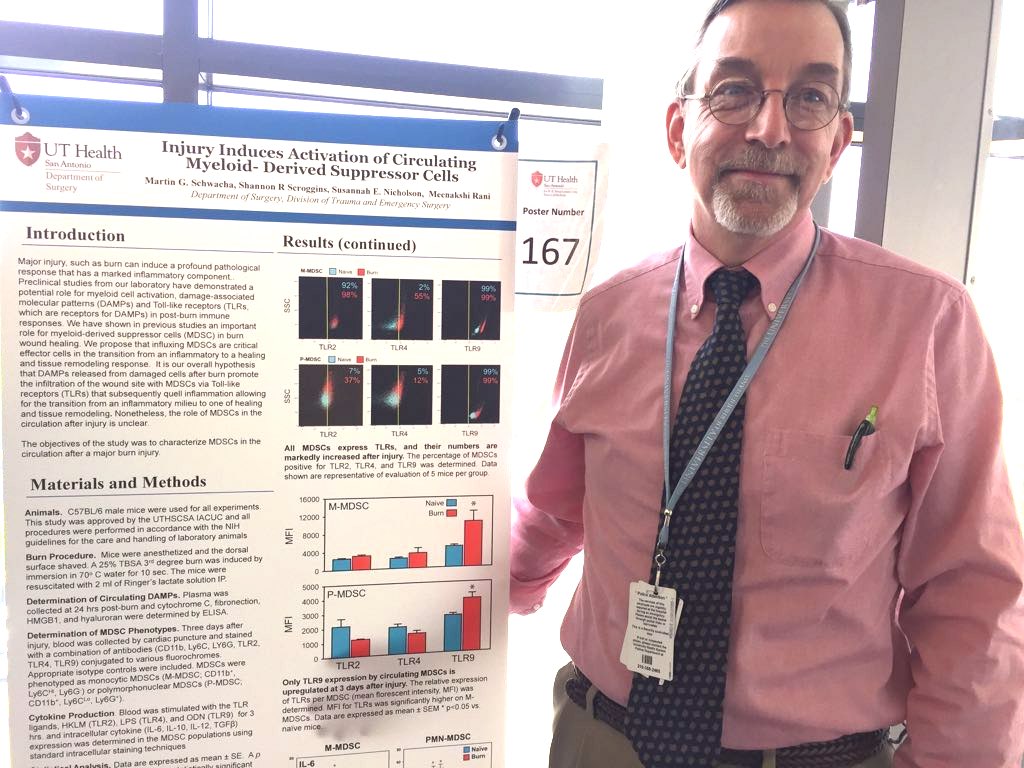
As a college student at the University of Rhode Island, Dr. Schwacha would play professionally at society functions at the mansions in Newport and local nightclubs with local jazz bands. He loved taking music classes as electives but ultimately, he decided to major in animal and veterinary science.
“Science struck me as a field that involved a lot of problem solving, which appealed to me,” he explained.
He studied with Dr. Glen Gray at the University of Rhode Island where he learned how to conduct research, do anesthesia, and perform surgeries.
“In the beginning, I was nervous about doing the surgery, but it was the kind of job that required attention to detail, intellectual capacity and working with your hands, so all of this appealed to me,” he said.
Although Dr. Schwacha liked the surgery part of the position, he realized after an internship at a veterinary clinic one summer that he wasn’t really interested in being a vet.
“It was a bit mundane as it was just simple spay or neuter surgeries most days. I think I was drawn to the field of research because that was where the science really came out,” he said.
After graduation, he worked as a research assistant at the Veterans Affairs Hospital in Providence, Rhode Island where he faced a turning point.
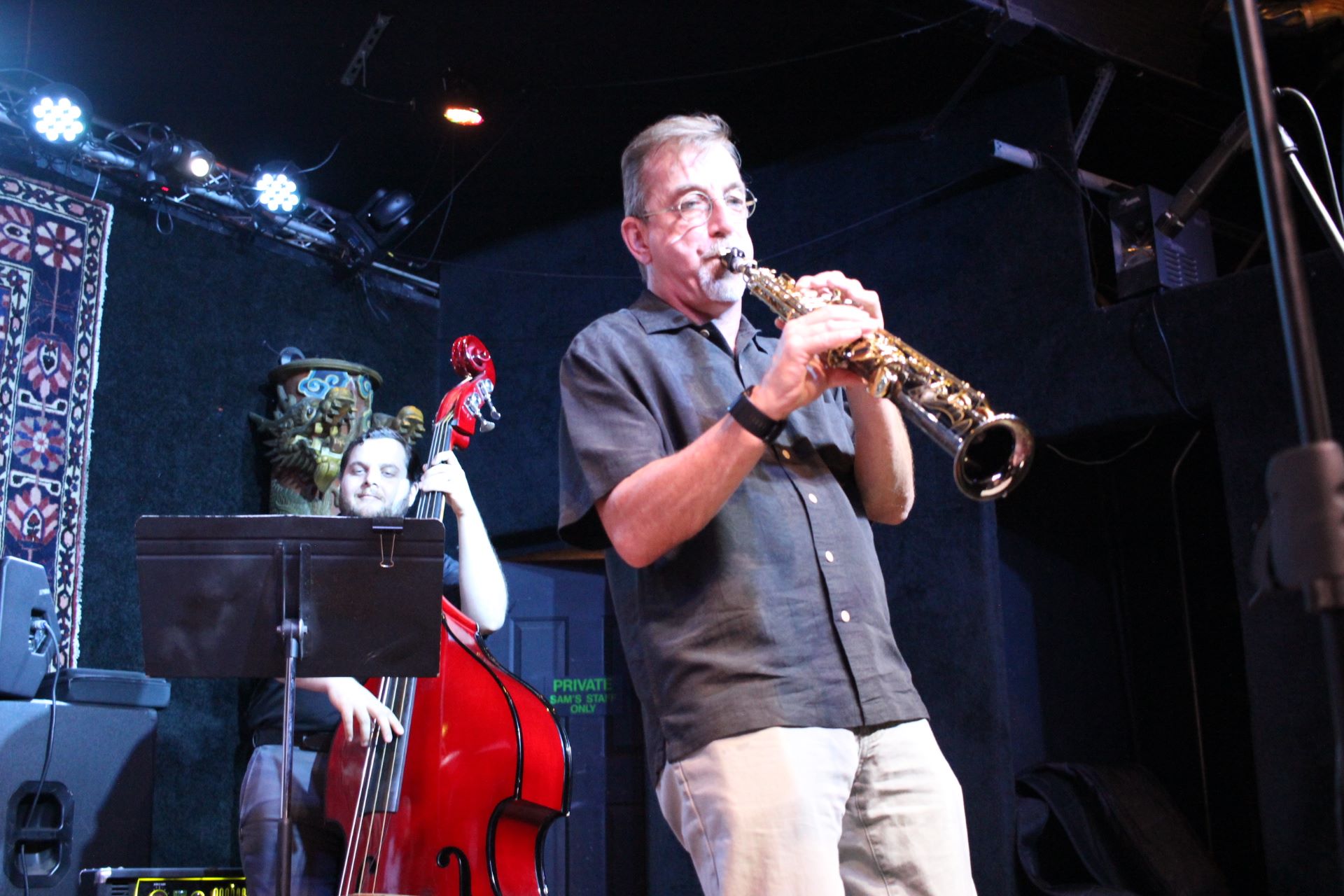
“I was cobbling out a living as a musician but I also didn’t want to be on the road traveling all the time,” he said. “I also realized that as a research assistant, my job opportunities were pretty limited without going to graduate school so I decided to go.”
At Albany Medical College, he joined the Ph.D. program in Physiology and Cell Biology where he became interested in trauma research and injury science, which is the focus of his research today at UT Health San Antonio.
Dr. Schwacha is a professor in the Department of Surgery where his laboratory focuses on the role of the innate immune system in the host’s response to traumatic injury with emphasis on complications, such as immune dysfunction, SIRS, sepsis, delayed wound healing and multiple organ failure. His current studies are directed at improving understanding of the post-burn immunoinflammatory processes in both experimental and clinical settings.
He routinely works with the United States Army Institute of Surgical Research (USAISR) and has had grants from both the Department of Defense, National Institutes of Health and local foundations.
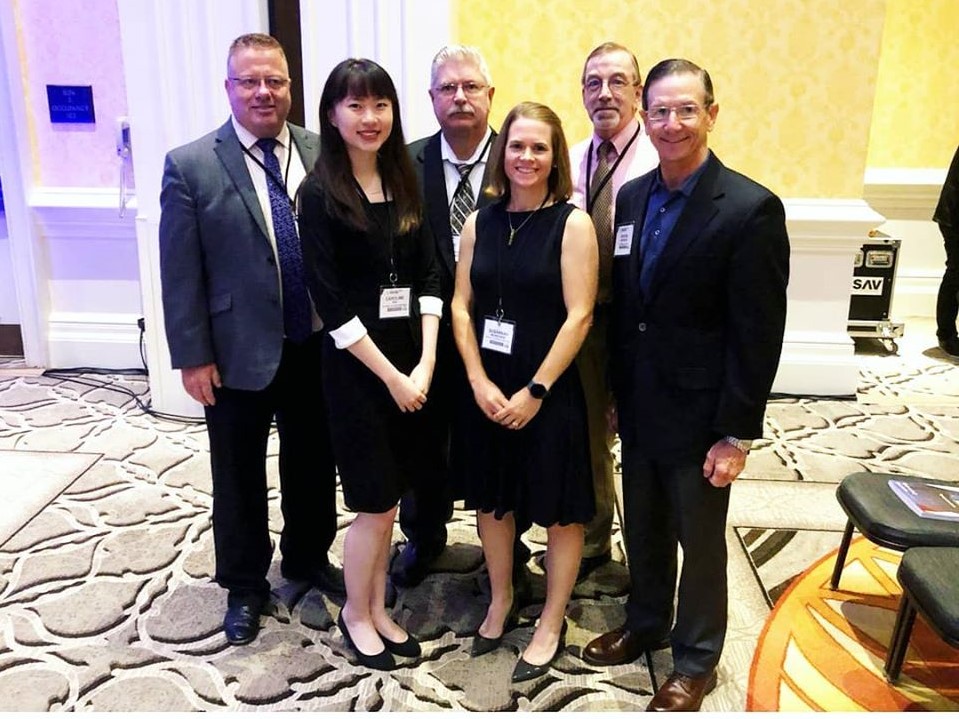
“I see myself in more of a translational science role. I can go to a basic scientist in the Department of Physiology and understand what’s going and then I can also go to the clinicians and explain it,” he said. “I see myself as a middleman.”
In his over 12 years working with the United States Army Institute of Surgical Research, he has seen his work being used in action.
“USAISR looks at taking something from the bench to battlefield as quickly as possible so it’s truly translational,” he said.
He also directs the Surgical Research Resident Program where he helps find research opportunities for residents in the Department of Surgery.
“The research can be a lot of things…surgically oriented, data mining, or even basic lab stuff,” he said. “Some find appointments in Surgery or with other departments both here at UT Health San Antonio and at other universities.”
Dr. Schwacha explained that since the research opportunities are usually two years long, he gets to really see the residents grow from someone who many times has zero research and/or laboratory background to someone who can critically think and analyze the latest research findings in the field.
“It’s quite fatherly in a way. I feel like it’s like sending a kid to college,” he said. “I really see them improve and I really think that it helps them become the best surgeons possible after the end of the program.”
Dr. Schwacha also is very active in the jazz scene in San Antonio. It all started one day when he was looking through the San Antonio Current for events when he saw that there was an Open Mic Night at the Boardwalk Bistro (which has since closed down)
“I sat in with a band called Small World, who led the jam session and one thing led to another and I was jamming with them every Monday night from 7 p.m. to 10 p.m. After a while, I started my own band.”
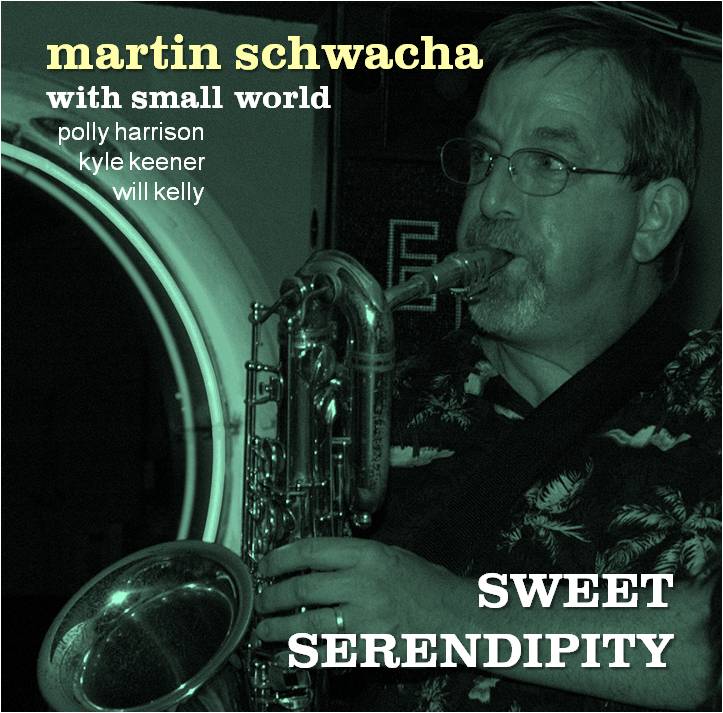
In 2012, he released his first CD entitled “Sweet Serendipity” which was released by Funky Bebop Music. He recorded a collection of original compositions with his fellow San Antonio jazz musicians; Kyle Keener – drums, Polly Harrison – 7-string guitar, and Will Kelly – acoustic bass. The recording was done at Peter Carey’s Rhythm Room, in San Antonio and is a collection of bebop, ballads, bossa novas and blues.
“Recording a CD was a project that I wanted to do. It’s on Amazon and CD Baby and sometimes it gets picked up on Spotify but it’s not a money making venture. Once in a while, I get a check for $7 or so which is sort of amusing. I thought about doing it again but it was a real time and financial commitment so we’ll see.”
Today, Dr. Schwacha can often be seen playing on alternating Wednesday nights at The Cove and Tuesdays at Blue Star Brewery with local jazz bands.
“It keeps me busy. It keeps me sane. I write music for the bands and I enjoy it immensely. Since I am not dependent upon it for money, it keeps it fun,” he said.
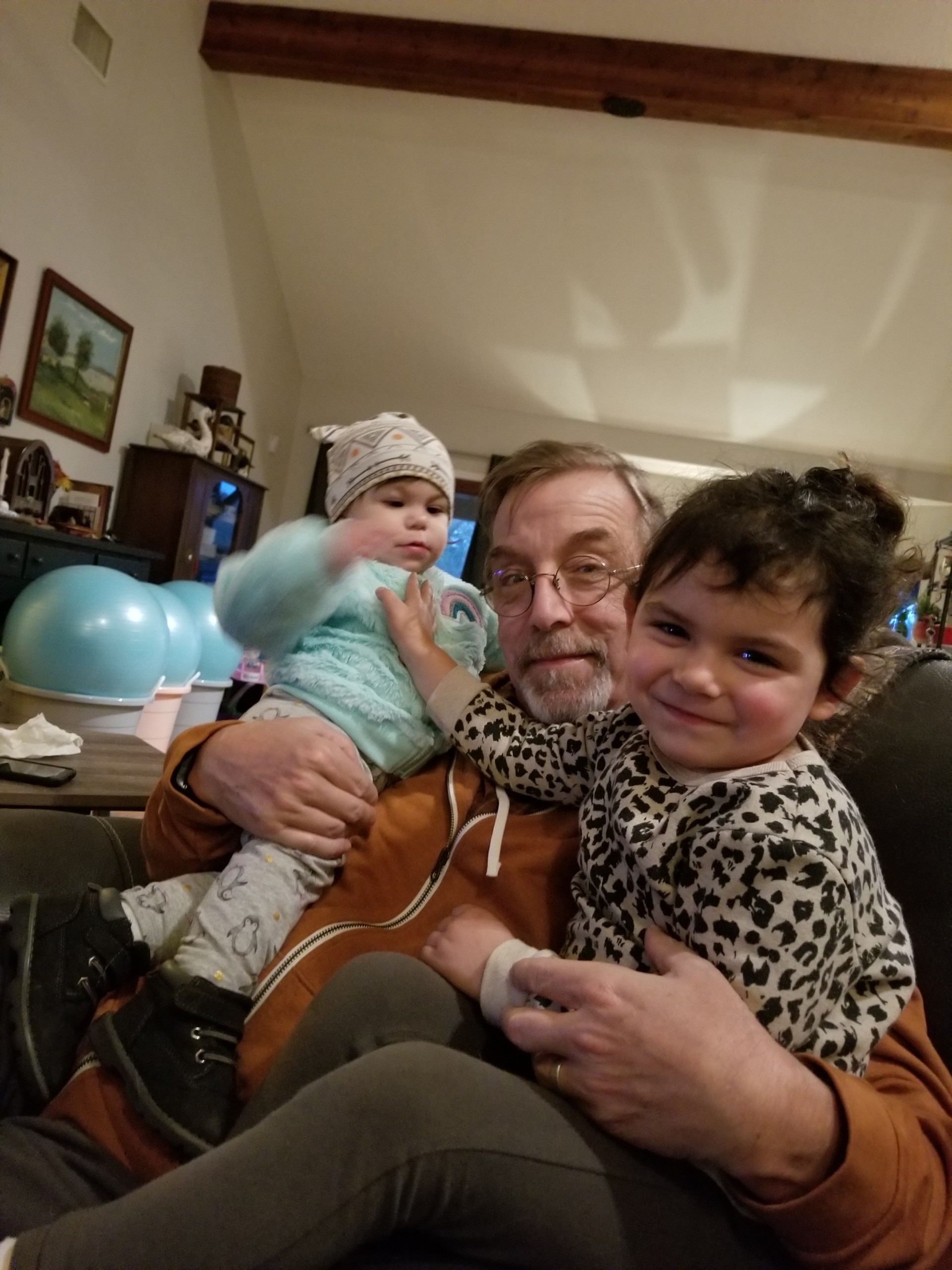
Dr. Schwacha credits his wife Vicki and his family for all their support. He has one daughter, son-in-law and two granddaughters living here in San Antonio and two children (stepchildren, a term he hates) with their kids living back up north in New England.
“My entire family has been really supportive over the years in all my endeavors and all of this couldn’t have happened without the supportive home life I have been blessed with.”
When asked what his advice to students would be, he relayed that students should do whatever they truly like doing it.
“Don’t do it for the prestige or the money. Do it because you love it, but make sure to take time to have a life. Science is a fast-moving field and its hard work to keep up, but make time your family and stop and smell the roses. It’s cliché but important.”
